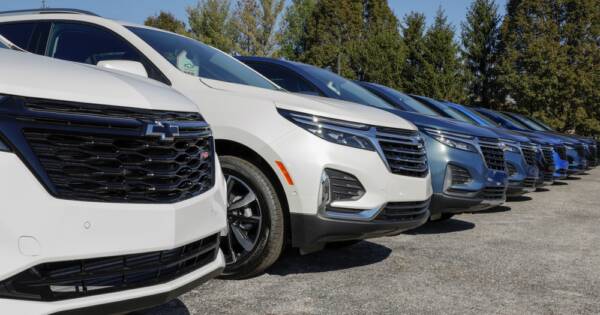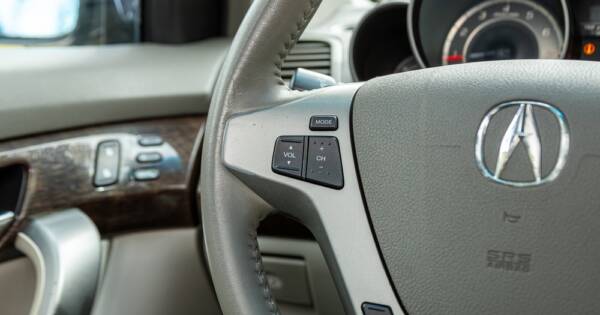Electric vehicles and hybrids are changing how we think about cars. With gas prices rising and the planet needing a break, many are turning to these eco-friendly options. But what sets them apart, and which is better? Let’s dive into the pros and cons of both electric vehicles and hybrids!
How They Work: The Basics
Electric vehicles (EVs) run solely on electricity. They store power in large batteries and use electric motors to drive the wheels. You plug them in to recharge, much like a smartphone. EVs do not need gasoline or have traditional engines, which means no oil changes or exhaust pipes.
Hybrid cars combine an internal combustion engine with an electric motor. They have a small battery that charges as you drive, especially when braking. This mix allows them to switch between gasoline and electric power, making them more fuel-efficient than regular cars. Some hybrids can be plugged in (plug-in hybrids) for a longer electric-only range.
Pros of Electric Vehicles (EVs)
Zero emissions: EVs do not produce exhaust fumes. They are completely clean, helping reduce air pollution in cities. This makes them an excellent choice for environmentally conscious drivers.
Lower running costs: Since they run on electricity, the cost to power an EV is much lower than filling up a gas tank. Plus, EVs require less maintenance. They have fewer moving parts, no oil to change, and brakes that last longer due to regenerative braking.
Smooth and quiet drive: EVs offer a very smooth driving experience. They accelerate quickly because electric motors deliver instant power. They’re also quieter than gasoline cars, reducing noise pollution.
Government incentives: Many governments offer incentives for buying EVs. These can include tax credits, rebates, and no-fee charging station access. This can significantly reduce the cost of purchasing an EV.
Charging at home: EVs allow you to charge at home using a regular power outlet or a dedicated charging station. This means no more trips to the gas station and more convenience.
Cons of Electric Vehicles (EVs)
Limited range: Most EVs have a range of 100 to 300 miles on a single charge. While this is fine for daily commutes, it can be a concern for long road trips. Charging stations are becoming more common, but they are not as widespread as gas stations.
Charging time: Fully charging an EV can take from 30 minutes (using a fast charger) to several hours. This is slower than filling up a gas tank, which can be inconvenient during travel.
Higher upfront cost: EVs tend to have a higher price tag than traditional gasoline cars or hybrids. 1 While incentives and fuel savings can help offset this, the initial cost can be a barrier for some buyers.
Battery life and recycling: EV batteries can last several years, but they will eventually need replacement, which is expensive. Also, recycling old batteries is a challenge, though advancements in technology are helping improve this.
Pros of Hybrids
Longer range: Hybrids use both gasoline and electric power, giving them a longer driving range than most EVs. You can drive hundreds of miles without needing to recharge or refuel frequently.
Quick refueling: When the battery runs low, the car seamlessly switches to gasoline power. Refueling at a gas station takes only a few minutes, eliminating range anxiety for long trips.
Lower emissions than gasoline cars: While not as clean as EVs, hybrids produce fewer emissions than standard gasoline cars. This helps reduce your carbon footprint without fully committing to an all-electric vehicle.
More affordable options: Hybrid cars often cost less than EVs. You can find budget-friendly models that still offer significant fuel savings compared to traditional cars.
No need for charging stations: Hybrids do not rely solely on electric power, so you do not need to worry about finding charging stations. This makes them ideal for people living in areas where charging infrastructure is lacking.
Cons of Hybrids
Still use fossil fuels: Hybrids still burn gasoline, which means they produce emissions. 2 While they are more efficient than regular cars, they are not as eco-friendly as EVs.
Complex maintenance: Since hybrids combine electric and gasoline power, they have more components than traditional cars. This complexity can lead to higher maintenance costs if something goes wrong.
Limited electric-only range: Plug-in hybrids offer some electric-only driving range, but it is often limited to around 20-50 miles. Once the battery runs out, the car switches to gasoline power, reducing its eco-friendliness.
Less incentives: While hybrids may qualify for some incentives, they are often less than those offered for fully electric vehicles. This can make them slightly less attractive financially.
Which Should You Choose?
The decision between an EV and a hybrid depends on your lifestyle and priorities. If you want zero emissions and lower running costs, an EV might be best. However, if you drive long distances and worry about range, a hybrid could offer a good balance between fuel efficiency and convenience.
Cost is another factor; hybrids often have a lower upfront cost than EVs, though EVs can save more money in the long run through fuel and maintenance savings. It’s important to contemplate your budget and priorities to determine which option is best for you.
Learn More About EVs and Hybrids
Electric vehicles and hybrids each have their own set of benefits and drawbacks. EVs are cleaner, cheaper to run, and offer a smooth driving experience. On the other hand, hybrids provide longer range, quick refueling, and lower upfront costs.
Weigh the pros and cons carefully based on your driving habits and budget to find the right fit. As technology improves, both options will only get better, making green driving more accessible for everyone.




